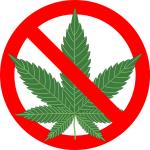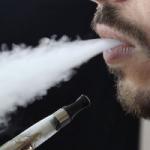Complementary medicine (CM) runs the gamut in its healing claims from offering authentic stress relieving massage and well-meaning, but expensive placebo to outright spurious declarations.
Harm Reduction
Everyone has one, something they find disgusting; whether it is a crawling insect, body odor, or a bruised banana. But setting aside, for the moment, the actual source of disgust, why is that such a universal experience?
For fair-skinned folks, the results of a new study can be taken as some worthy advice: applying sunscreen alone doesn't provide enough protection from sunburn.
Dogs get poisoned, not “just stoned” from marijuana exposure.
It is difficult to make care decisions when you are entrusted by a family member whose dementia is so advanced that it now requires the continuous care of a nursing home.
Identifying characteristics are essential to ensuring patient safety - so that the right treatment meets the right patient. Did you ever consider how many times you are asked your name and date of birth when seeking medical care?
Explosions, alcohol, delicious grilled foods - those are all the things that made America great. But in combination, they make it America's deadliest day.
It is officially July, and that means something in the medical world. With the passage of one day, the first of the month exalts recent medical school graduates to the rank of intern.
We all know that cigarettes increase the risk of cancer, heart disease, and early death, among other things.
One thing is for certain in our so-called broken “health system,” devaluing and eroding of the doctor-patient relationship is par for the course these days, typically a first measure without any thoughtful consideration of the profound and extensi












